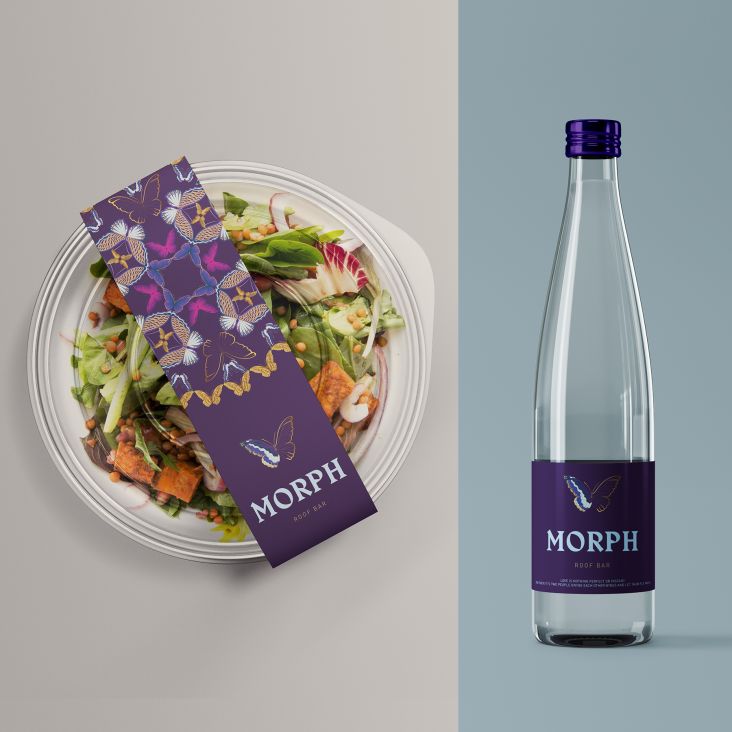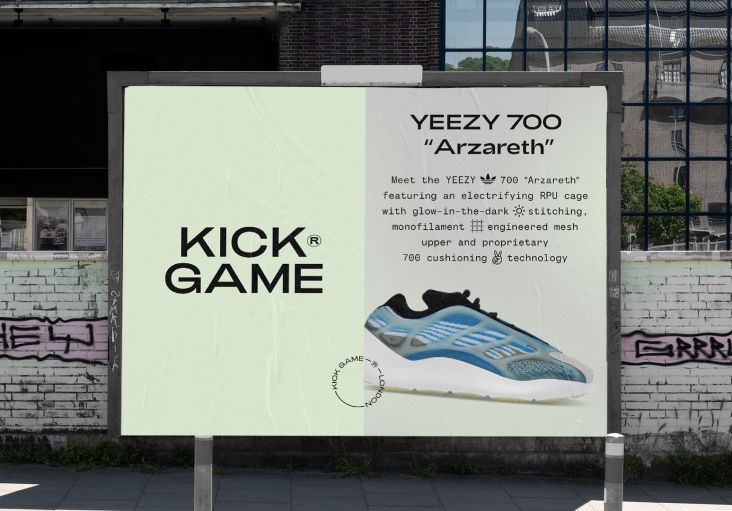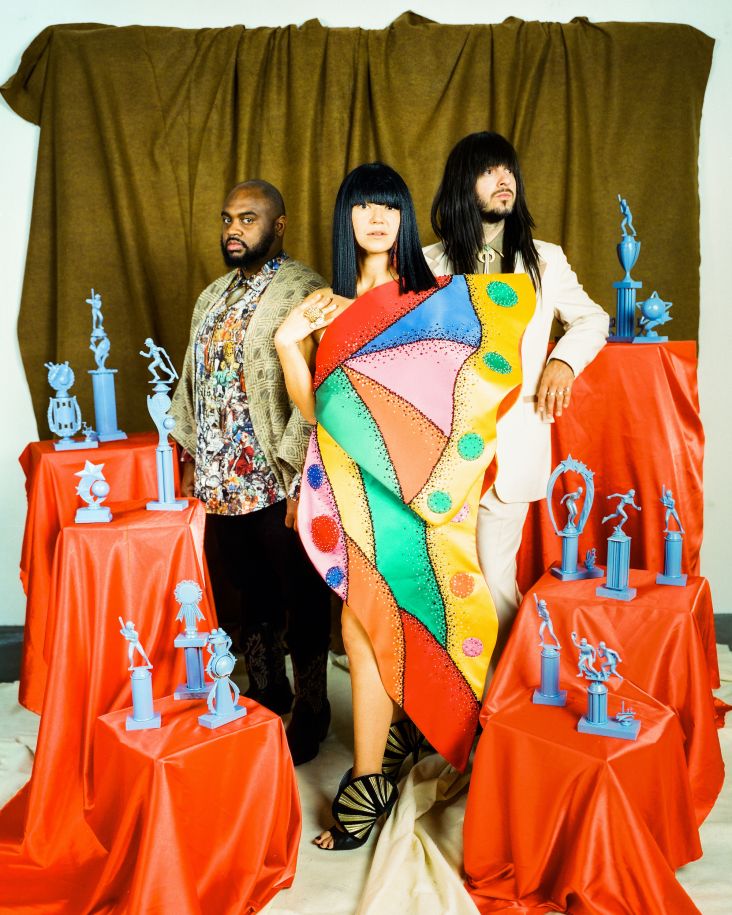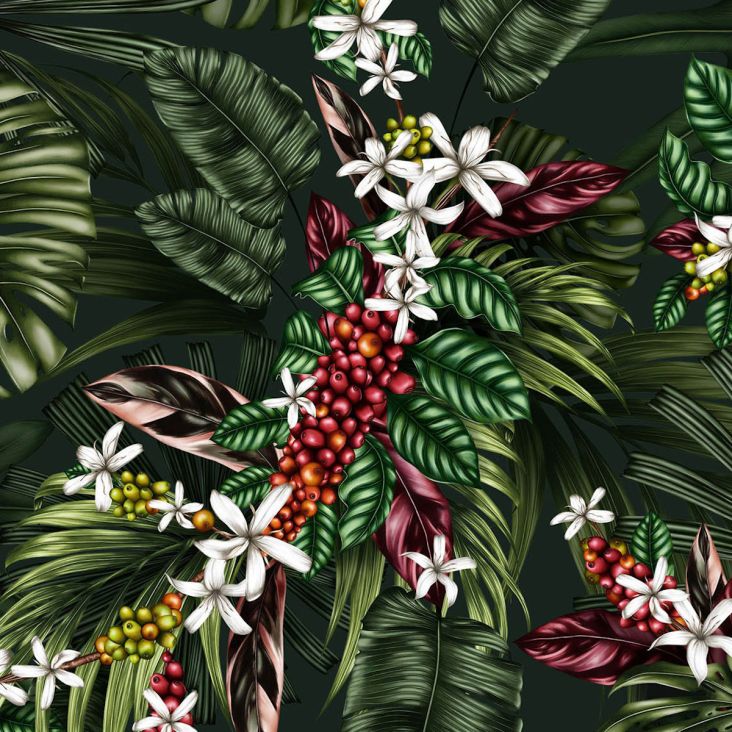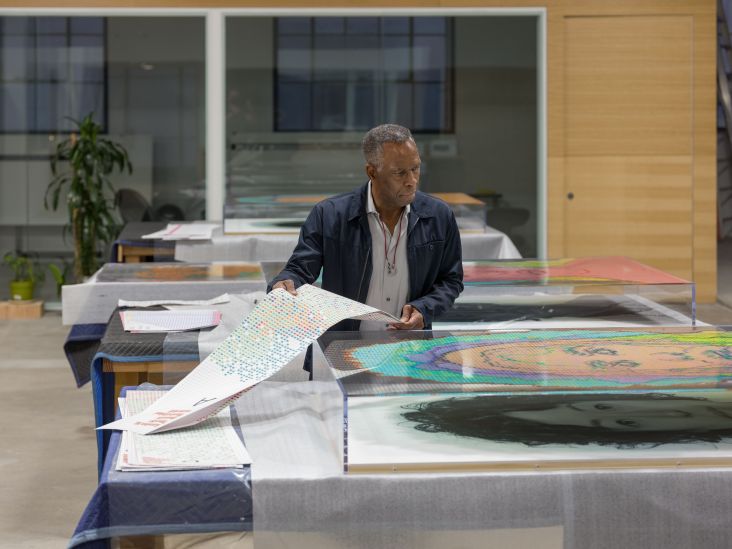Amira Rasool: Connecting Africa's designer fashion to the rest of the globe
In today's globalised society, you might assume everything is connected. For instance, it has become increasingly popular to see American urban fashion dominating Seoul or Paris's streets while Japanese brands such as UNIQLO have become somewhat ubiquitous worldwide.
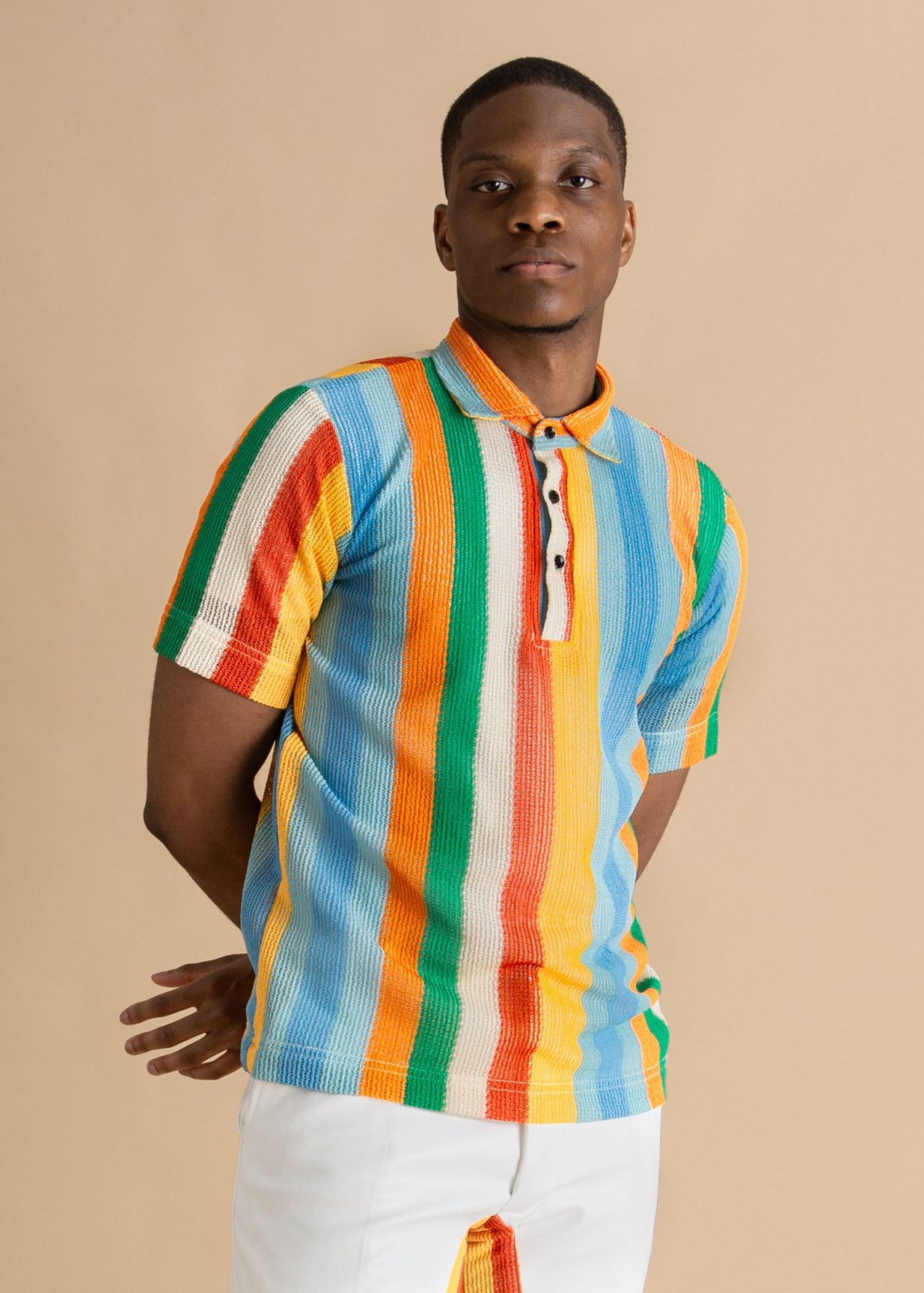
© The Folklore
Unfortunately, more often than not, as the entrepreneur Amira Rasool points out, there is one region of the world missing from the global fashion conversation: Africa. But just because Africa has been left out of the conversation doesn't mean Africa and the African diaspora don't have anything to offer the fashion industry.
Thankfully, Rasool is the founder and CEO of The Folklore, an online multi-brand eCommerce platform that connects Africa's designer and luxury fashion goods to the rest of the world. From colourful everyday button-ups to statement pieces, The Folklore's got you covered.
Its mission is simple, yet powerful: to supply the world with greater access to luxury goods from Africa and the diaspora in a convenient, ethical and curated manner. It also provides a platform for designers and other creatives to share their stories and creative abilities with new audiences.
As the fashion industry has historically had diversity and inclusivity issues, I was naturally excited to hear the perspective of a brave entrepreneur challenging the typical narrative. I had the pleasure of speaking with Amira – a writer, entrepreneur and passionate Africana/Black Studies scholar – who even while bouncing between New York City and Cape Town secured a spot in Techstars Seattle's 2021 accelerator program, a massive milestone for a young, black, female founder.
How's it going, generally?
That's a loaded question! Today I'm a little bit tired. But there's a lot to be thankful for -- working from home, having good health, the people I love are in good health. At least we have a new president! So, it's going. Life goes on, there are ups and downs, but that's life.
How has the business been impacted by Covid-19, either negatively or positively? I imagine eCommerce has been doing well amidst social distancing.
As a company that sells luxury designer apparel and accessories from African designers that previously were unable to penetrate the global market, being able to have direct contact with customers is essential. We used to have physical events, installations and pop-ups shops that allowed us to connect with people to understand the brands, often explaining what individual designers do or how I've witnessed the artist(s) create. People want to know about the brands they are supporting, particularly when they spend a lot of money.
Nowadays, there's a more social conscious customer, so during Covid-19, we've had to rely on our editorial content, and our video content to achieve that same engagement level. Even just me not being able to go to events, wearing the clothes and promoting the artists, has been a challenge.
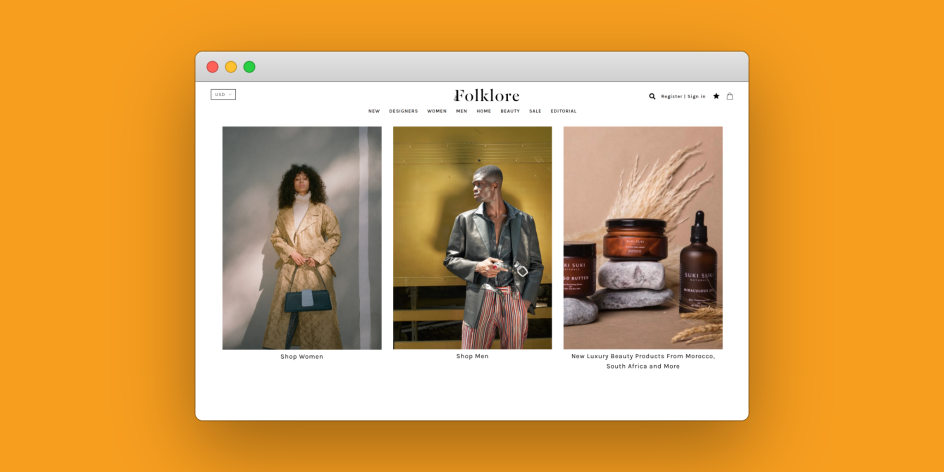
© The Folklore
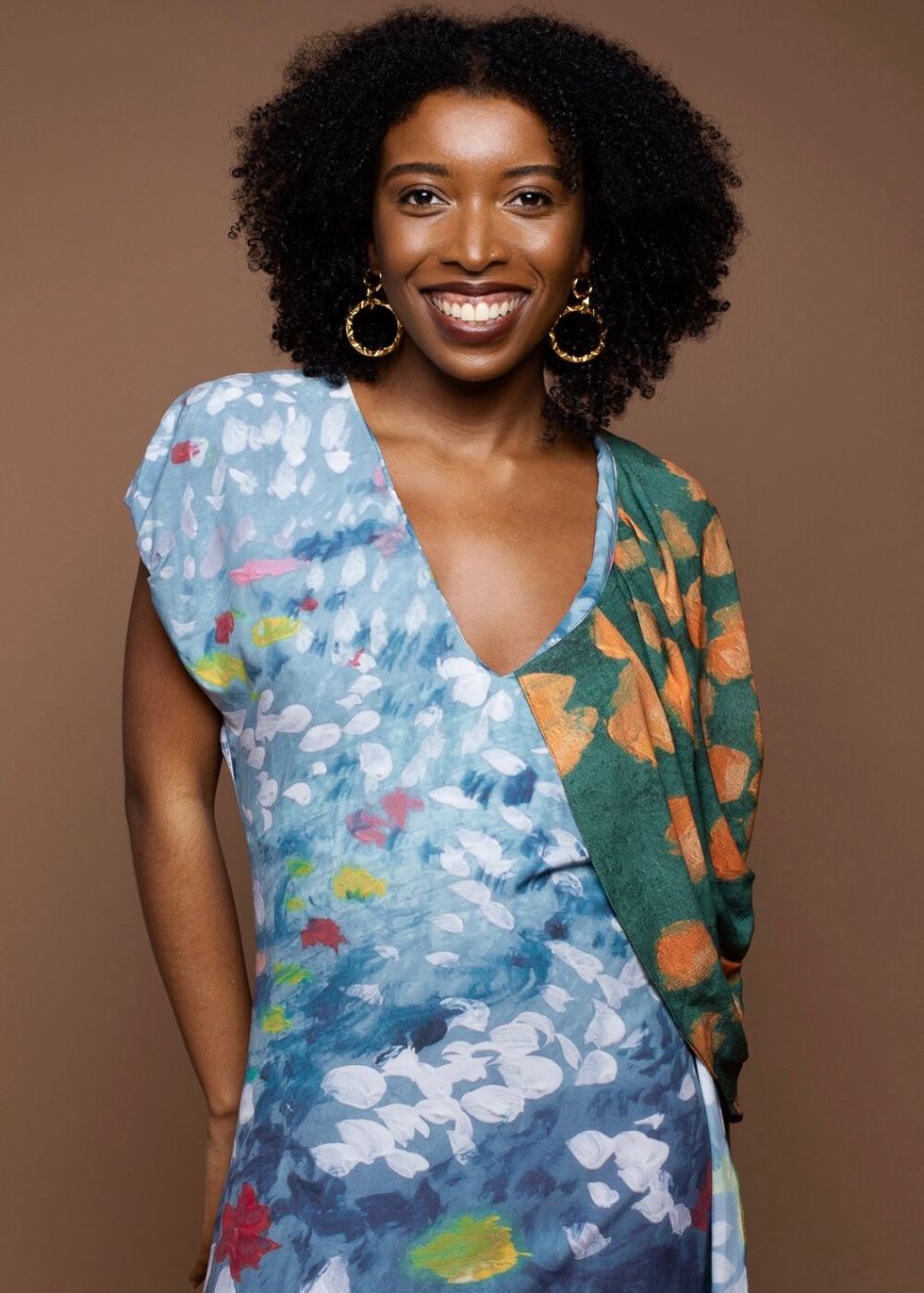
© Amira Rasool
I see you come from a background in African-American Studies, both in undergraduate and the graduate level. What perspective does your formal education bring into your professional work?
My formal education is why The Folklore exists. I was passionate to learn about my people, how resilient, intelligent and creative we've been. And how so many of our stories have been reduced to Black History Month or a few chapters in a textbook. These stories haven't given us the full picture or the total value of who our ancestors were.
The reason I named the company The Folklore was to tell the stories of our people. For so long, we've had to preserve our history through visual and verbal folktale. Right now, The Folklore is doing that through the same mediums.
From learning the depths of our history to learning how to conduct research properly, I genuinely believe that being a great student prepared me to be a great entrepreneur.
Why South Africa?
It was honestly because I wanted to start The Folklore! I knew I had to be in Africa to learn about and interact with the designers in an authentic way. Being on the ground consistently made sure to do both myself and the brand justice.
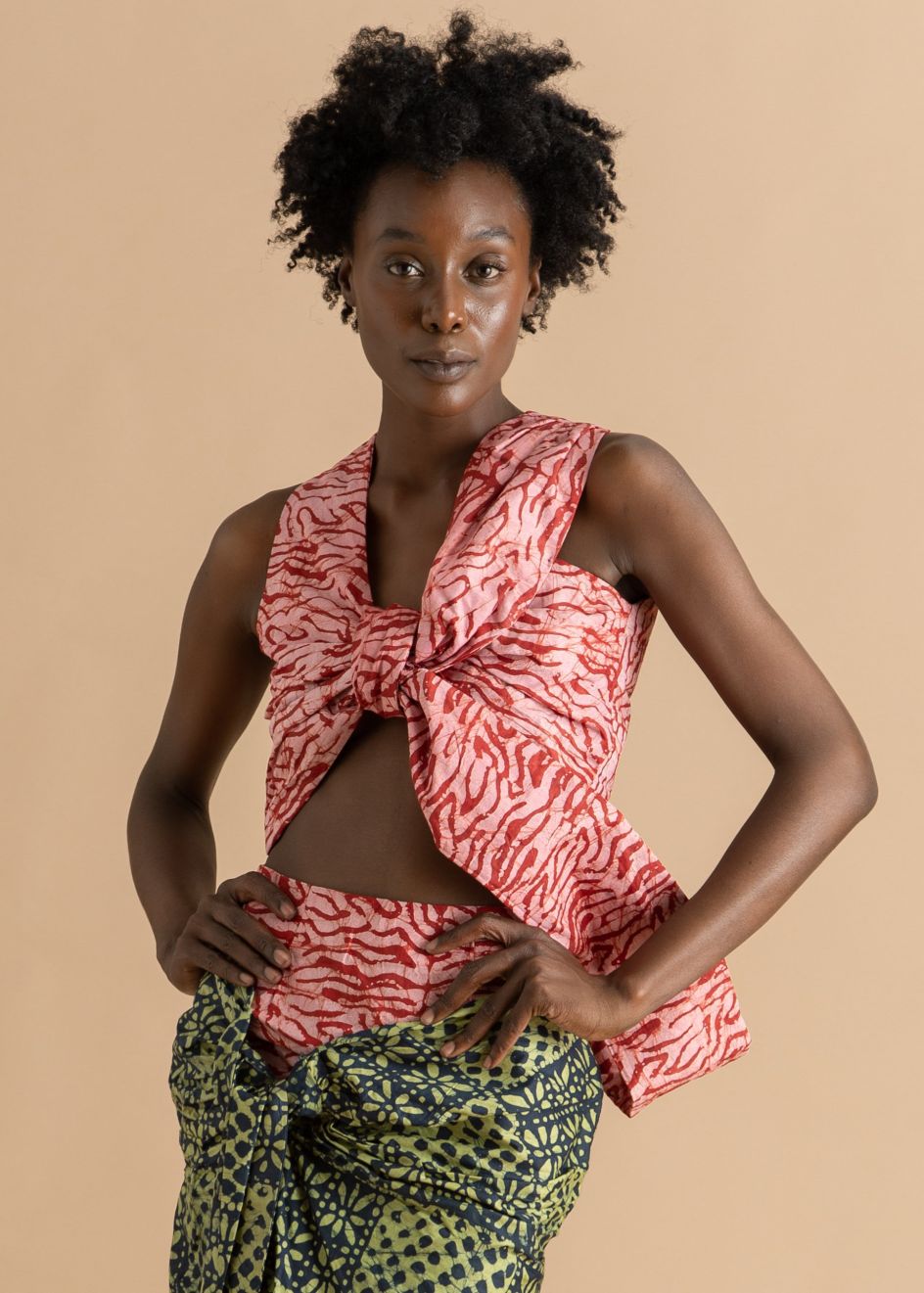
© The Folklore
Why do you think it's important for the rest of the world to have access to the art & fashion that Africa has to offer?
I think it's important because if you consider yourself a fashion connoisseur, a lover of handmade goods and a social-conscious customer, you get all of those elements from Africa. We are now just making it easier for you to access that.
It's important because these designers deserve the opportunity, investment, resources and the same level of respect as Western designers. People are often buying from Western designers for convenience and proximity; with The Folklore, there's really no reason not to challenge the somewhat fractured global fashion industry that prioritises Western brands over those outside of the West.
We are working to provide a more equitable future for African fashion brands and any brands outside of the major Western fashion capitals.
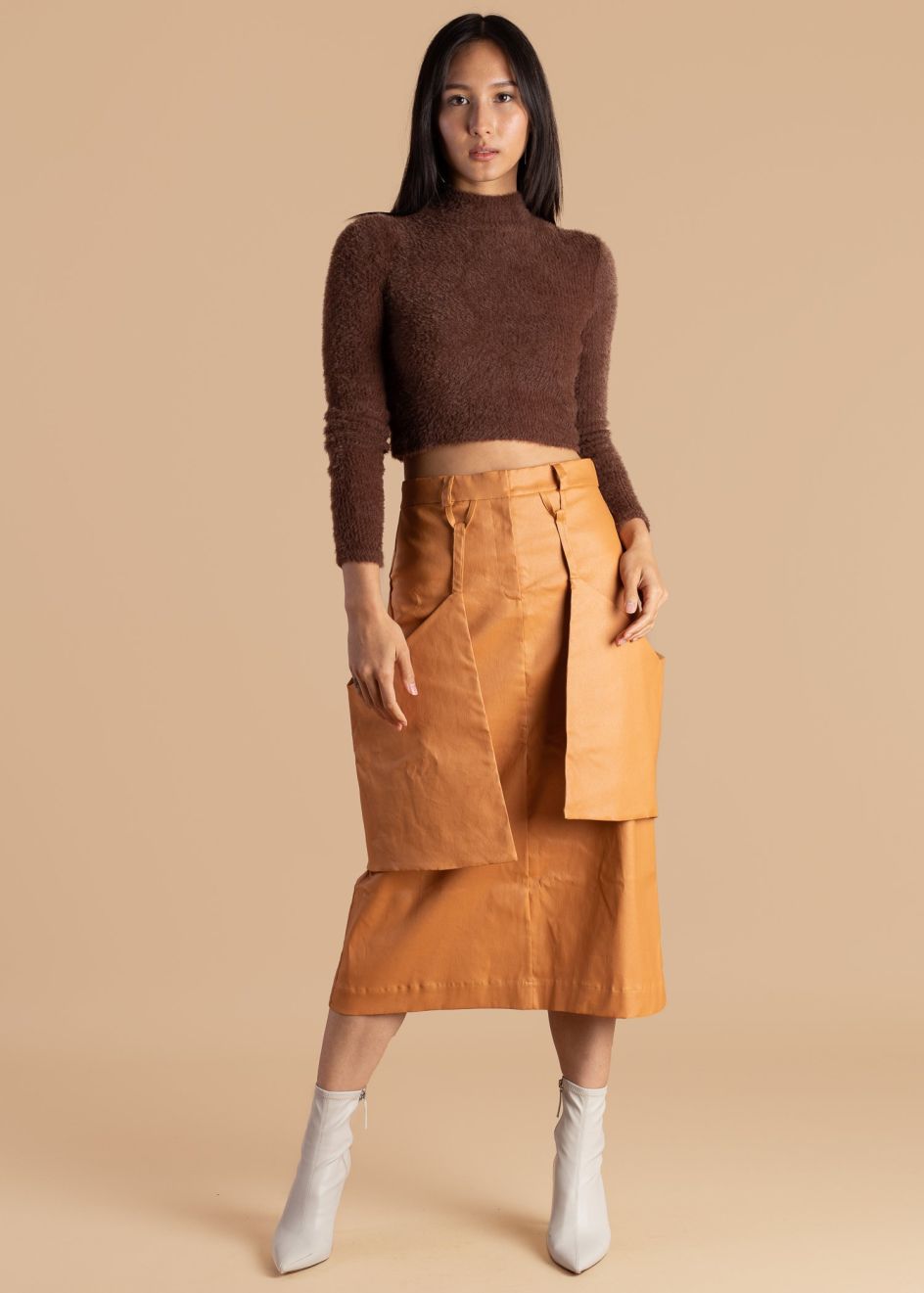
© The Folklore
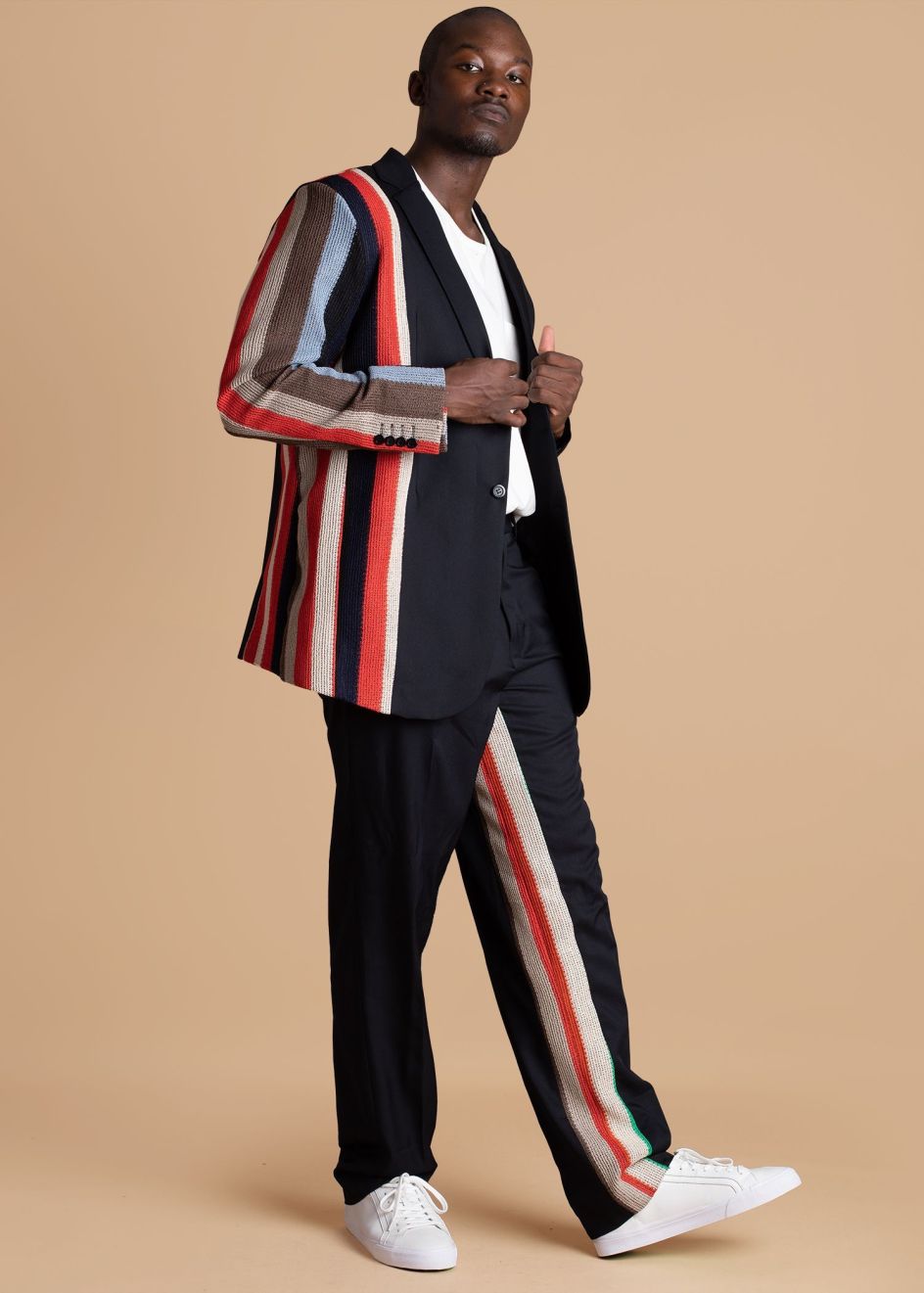
© The Folklore
Congrats on the Techstars Program! With regard to Techstars and beyond, what are you most excited for in the future for The Folklore?
We are very excited for Techstars! I've heard about it for a while, and I'm thankful for the opportunity.
Being able to get in front of investors, get them excited, and grow as a leader myself is important. I want to take the opportunities, resources and mentors and build the company that I know The Folklore is poised to be.
We're not just building a cool eCommerce platform; we are helping build infrastructure in Africa that will streamline everything from production to commercialising these brands in a way that allows them to collaborate with larger companies. There's so much opportunity in Africa in this luxury space. We plan to help reveal that in a way that pays dividends to our brands, employs people in the continent, increases exports out of Africa, and really solidifies Africa as a force in the luxury industry.
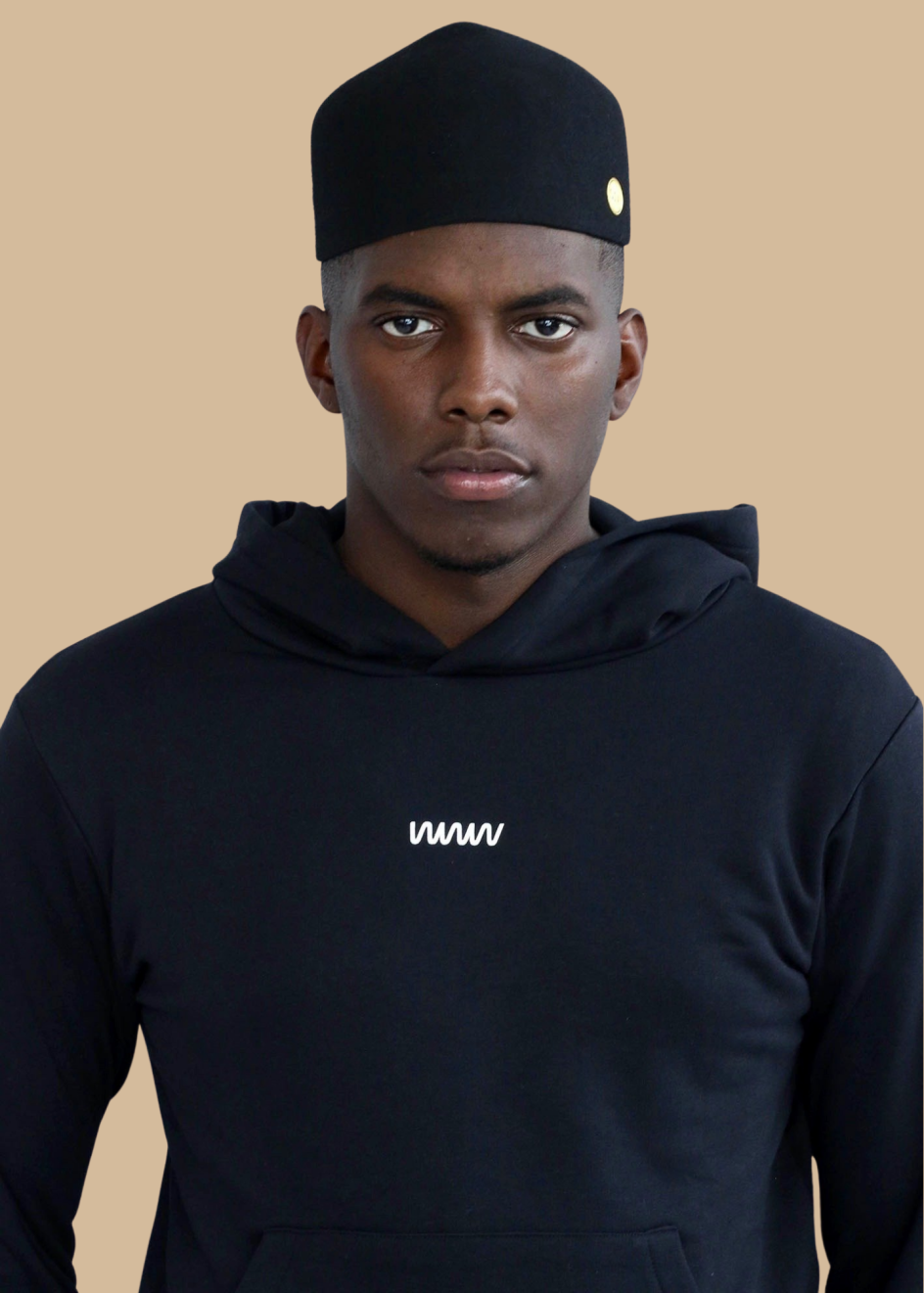
© The Folklore
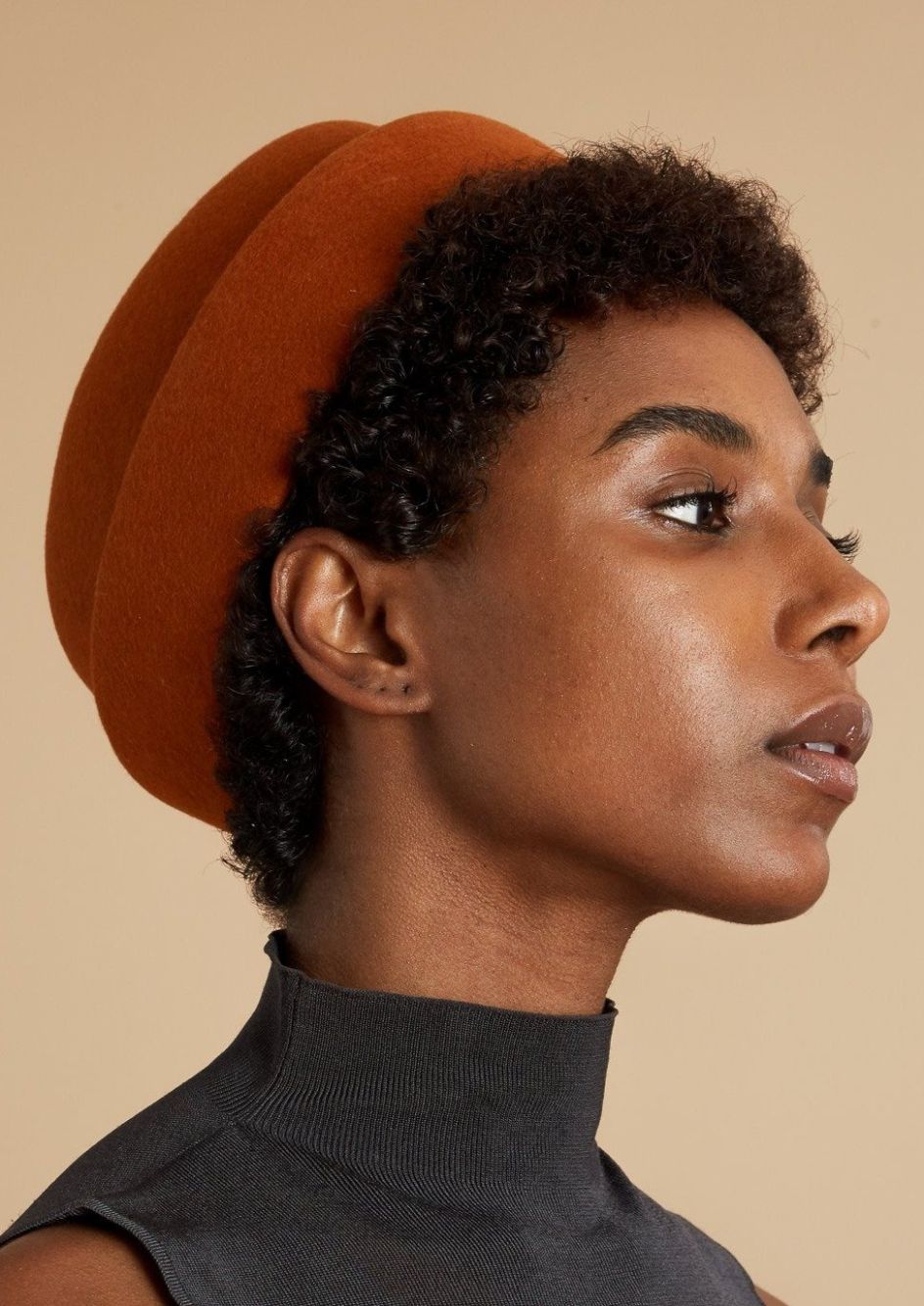
© The Folklore




 by Tüpokompanii](https://www.creativeboom.com/upload/articles/58/58684538770fb5b428dc1882f7a732f153500153_732.jpg)

 using <a href="https://www.ohnotype.co/fonts/obviously" target="_blank">Obviously</a> by Oh No Type Co., Art Director, Brand & Creative—Spotify](https://www.creativeboom.com/upload/articles/6e/6ed31eddc26fa563f213fc76d6993dab9231ffe4_732.jpg)









